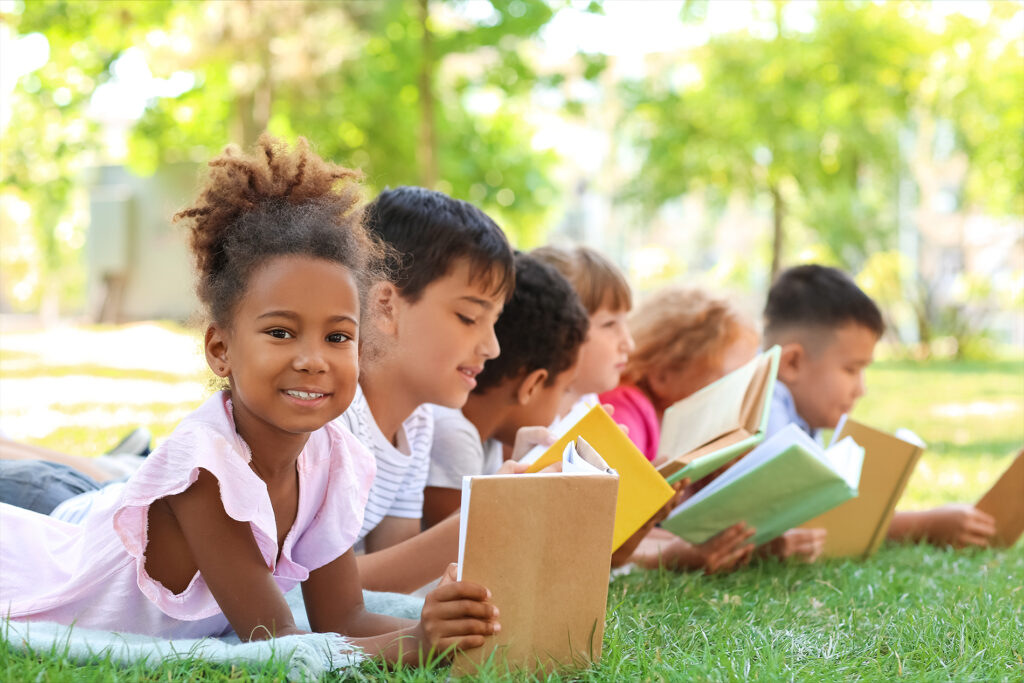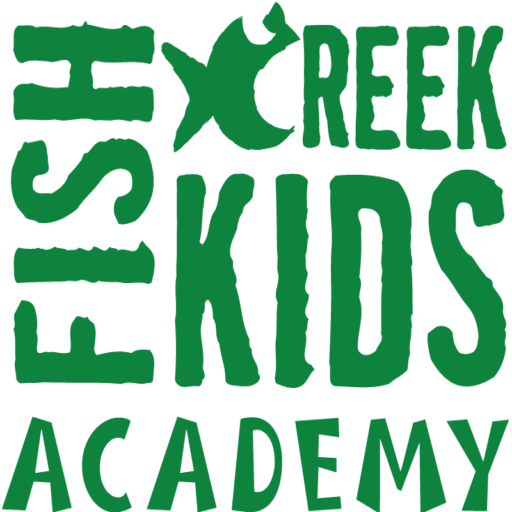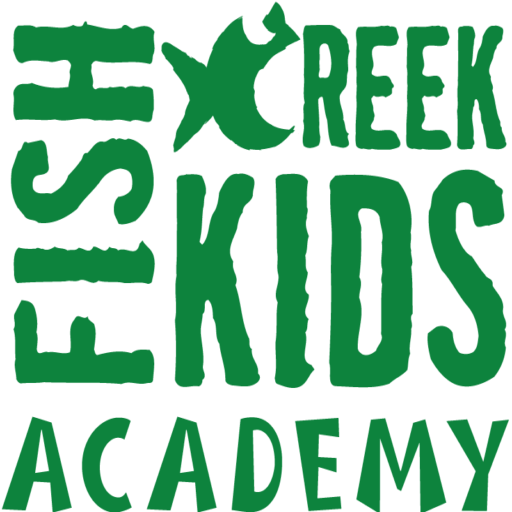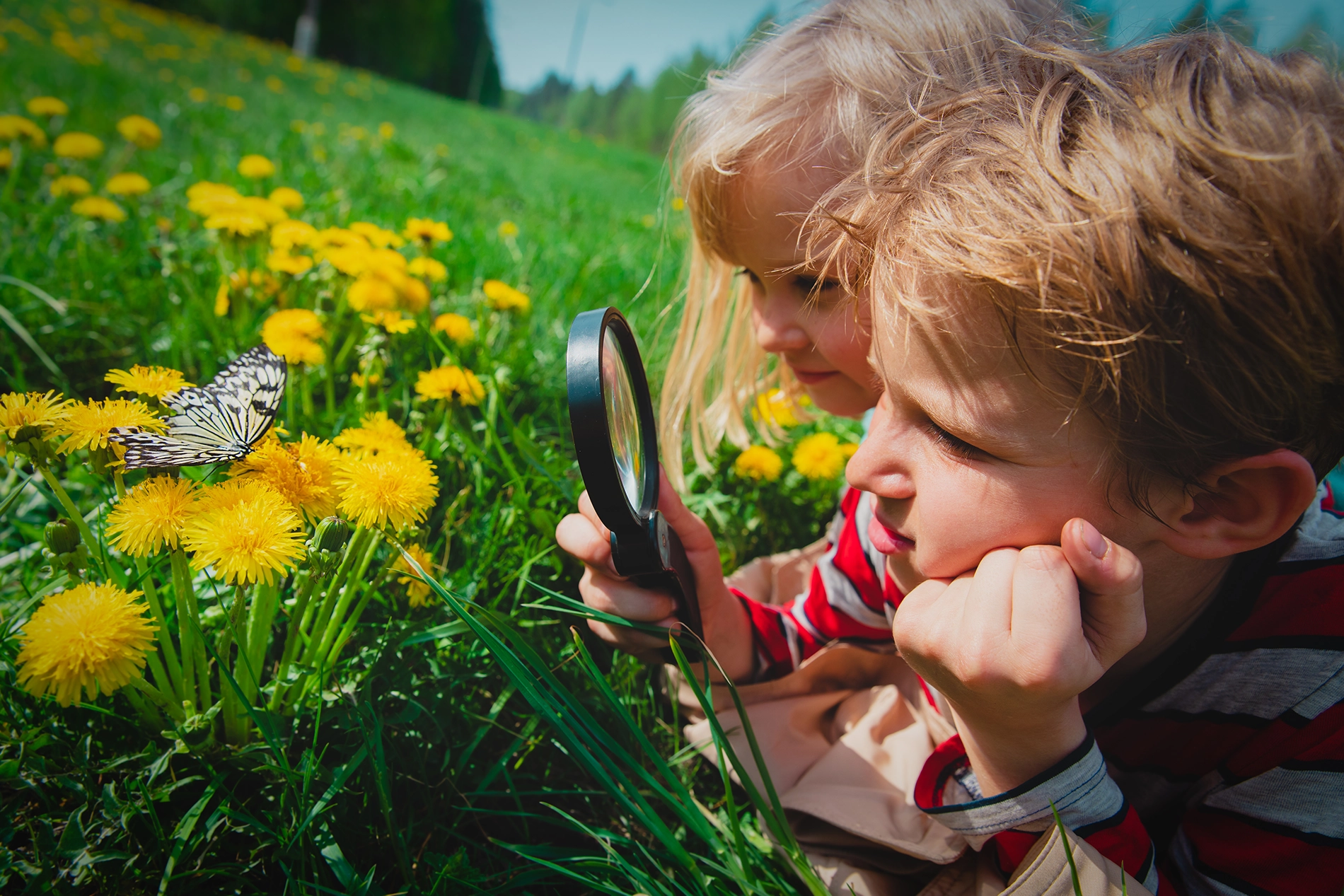As summer approaches, parents and children often look forward to a reprieve from the intense school schedules and homework. While this might seem like a great idea, a long break from structured learning can lead to a phenomenon known as “summer learning loss.” This term refers to the loss of academic skills and knowledge when children are not engaged in educational activities over the summer months.
Your child works hard throughout the school year, so it is important to approach the summer with intentionality. Understanding summer learning loss and how to prevent it is essential to support your student best. Let’s explore what happens to your child’s brain during the summer break and look at nine effective strategies to avoid summer learning loss in your children.
Understanding Summer Learning Loss
When children enter the summer vacation mode, there’s a risk of summer learning loss. When children are not actively engaged in learning, they are likely to lose valuable academic skills and knowledge they acquired during the school year. This is especially true in early childhood development. Research has shown that students lose, on average, one to three months of grade-level equivalency in academic skills over the summer break. Studies also show that reading and math skills are most affected by prolonged breaks.
1. Neural Pruning
During periods of inactivity, the brain engages in a process called neural pruning. This process occurs when unused connections between neurons are eliminated. While neural pruning is essential for optimizing brain function, prolonged inactivity of certain connections can have negative consequences. This is especially true in the context of learning and skill development.
A child may spend the summer months without engaging in activities like reading, writing, or problem-solving. During this time, the brain might lose the skill-related connections. They aren’t being used, so they could weaken or become less efficient. By fostering thinking and engagement, you can support ongoing learning. This is true even during periods of reduced academic activity, like summer vacation.
2. The Forgetting Curve
The forgetting curve is a psychological concept. It shows how we forget information over time when not reviewed or reinforced. Hermann Ebbinghaus, a German psychologist, first introduced this concept in the late 19th century. Ebbinghaus conducted experiments on himself to study the retention of newly learned information. His findings show a rapid memory decline shortly after learning. It is followed by a slower decline over time. This means that much of the forgetting occurs within the first few hours or days after learning something new. This study is important, as it highlights how children may forget much of what they learned during the school year without regular practice and exposure to educational materials.
3. Early Childhood Longitudinal Study
The Early Childhood Longitudinal Study (ECLS) is a comprehensive research initiative conducted by the U.S. Department of Education. It’s aimed at understanding the development and experiences of children from birth through kindergarten. Through longitudinal data collection, the study tracks various aspects of children’s lives, including their health, family environment, early education, and academic progress. The ECLS has given valuable insights. It has shown the factors that affect children’s development and schooling, including summer learning loss. Its results highlight the significance of early childhood experiences in shaping later success. This study is essential in emphasizing the importance of quality early education.
9 Ways to Prevent Summer Learning Loss
Summer learning loss is a concern for many parents, but it is possible to avoid it. With these practical tips, you can support your child’s learning over the summer.

1. Create a Summer Reading Challenge
Encourage your child to read regularly throughout the summer by implementing a fun and rewarding reading challenge. Set a goal for the number of books to read or pages to complete, and offer incentives for reaching milestones. Visit the local library together to explore new books and take part in summer reading programs. Local stores and businesses may also run summer reading challenges with fun incentives. This is a great way to get involved in your community while supporting your child’s reading comprehension.
2. Promote Peer Learning & Collaboration
Arrange playdates or group activities where children can learn and collaborate with their peers. Churches, co-ops, and even Facebook groups can be a great resource for meeting new people with similar interests. Group projects, discussions, and cooperative learning activities promote social interaction, communication skills, and teamwork while reinforcing academic concepts. As your group meets, encourage them to share knowledge, brainstorm ideas, and work together towards a common goal.
3. Foster Learning Through Play
Arrange playdates or group activities where children can learn and collaborate with their peers. Churches, co-ops, and even Facebook groups can be a great resource for meeting new people with similar interests. Group projects, discussions, and cooperative learning activities promote social interaction, communication skills, and teamwork while reinforcing academic concepts. As your group meets, encourage them to share knowledge, brainstorm ideas, and work together towards a common goal.
4. Establish a Daily Learning Routine
Maintain a structured daily routine that includes designated times for learning activities. Setting aside a specific time each day to focus on a few academic skills helps you and your family prioritize learning throughout the summer months. This will build consistency, which is the key to preventing regression and promoting continued learning progress.
5. Engage in Real-World Learning Experiences
While so much can be learned from a book at home, it’s important to take advantage of the summer break to explore the world. Plan trips to museums, zoos, nature parks, and historical sites. Children can learn a lot from firsthand experiences. Encourage your child to ask questions, make observations, and engage in conversations about what they’ve learned. Immerse young learners in real, meaningful experiences. This creates chances for deep engagement and a true understanding of why learning matters in their lives.
6. Encouraging Journaling or Creative Writing
Writing is an important developmental skill for every child. It not only enhances language skills but also fosters creativity and critical thinking. Provide opportunities for your child to express themselves through writing stories or poems. They can also keep a summer journal. This journal is a great place for your child to write about their summer adventures. At the end of the summer, spend some time reading through this journal with your child. Then, encourage them to reflect on their favorite memories and write about them.

7. Involve Children in Everyday Tasks
Turn everyday activities into learning opportunities by involving your child in household tasks and projects. Cooking together provides opportunities to practice math skills through measuring ingredients, while gardening teaches scientific concepts such as plant growth and photosynthesis. Engage them in budgeting, planning, and decision-making to develop practical life skills. While it might seem easier to complete the task yourself, involving your child in everyday tasks will help prevent summer learning loss.
8. Utilize Online Learning Resources
Nearly any information you might want to know is accessible to you at the click of a button. There are many online platforms and educational websites that offer interactive learning resources and tutorials. Websites like Khan Academy, PBS Kids, and National Geographic Kids provide a wealth of educational content across various subjects and grade levels. Incorporate these resources into your child’s summer learning plan for additional reinforcement and enrichment.
9. Enroll in Educational Camps or Programs
One of the best things you can do for your child to prevent summer learning loss is to enroll them in educational camps or programs. Trusting your child with a professional educator will help bridge any achievement gaps and prepare them for the upcoming school year in an effective and fun manner. When doing your research, look for summer camps or programs that offer educational activities aligned with your child’s interests and academic needs. You could choose anything from a science camp, a coding workshop, or an art program. Whichever you select, it gives your child hands-on learning opportunities. These programs keep children engaged and excited to learn.
Continue Learning Over Summer
As parents and caregivers, your commitment to nurturing lifelong learners lays the foundation for academic success and personal growth in your children. Your intentionality during the summer months sets your child up for success in the fall. By balancing learning and fun, children can keep learning and growing in the summer. Incorporating a variety of strategies ensures that children remain engaged, curious, and intellectually stimulated throughout the summer break.


